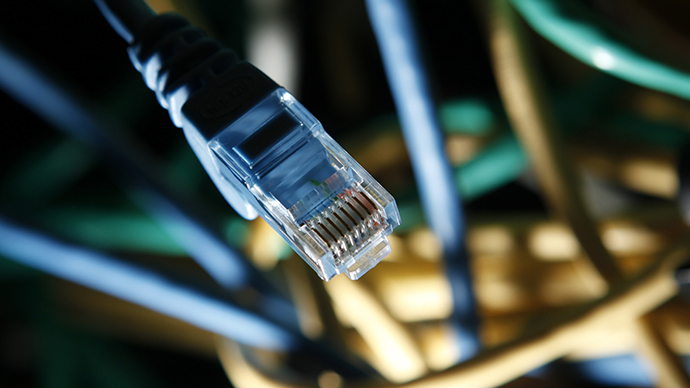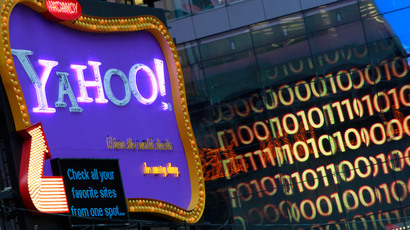UK private commission to snoop on Internet spies

The UK Deputy PM has commissioned an independent committee to review Britain’s internet surveillance program after failing to convince PM David Cameron of need for new regulations.
Liberal Democrat Nick Clegg has been attempting to persuade the
Conservatives and spy agencies on the importance of overhauling
internet surveillance and restore public trust following the
Snowden disclosures, which revealed a massive amount of data
collecting on the part of the US National Security Agency (NSA)
and the UK Government Communications Headquarters (GCHQ).
On May 20, 2013, Edward J. Snowden, a former NSA contractor,
boarded a plane from his home in Hawaii to Hong Kong with what
has been described as the most significant leak of sensitive data
in US history.
The revelations pointed to a global internet surveillance program
that collected meta-data from some of the best-known internet
companies in the world. It was also revealed, with significant
political fallout among staunch allies, that the private
communications of world leaders was considered fair game for the
agencies.
"It is not enough for the agencies to claim that they
accurately interpret the correct balance between privacy and
national security; they must be seen to do so, and that means
strong, exacting third-party oversight," Clegg warned in
comments to the Guardian.
Yvette Cooper, Labour’s shadow home secretary, said the present
safeguards were “out of date” and an “inspector general”
with powers to investigate MI5, MI6 and GCHQ was required to
protect citizens from widespread invasion of their privacy.
“None of the independent commissioners has made substantial
public statements in response to the Snowden leaks,” Cooper
complained. “They are responsible for checking whether the
agencies are abiding by the law. Yet in the face of allegations
that GCHQ was breaking the law they have been silent – neither
saying they would investigate, nor providing reassurance.”
The Royal United Services Institute has agreed to open a review
to examine these kinds of questions, which Clegg said would be
headed by “a panel of experts with backgrounds in technology,
civil liberties, and intelligence work.”
The panel will report its findings after the general election.
Clegg said the goal of the private review will be to introduce
the topic for public debate, noting the "quality of the
debate in the US provides an unflattering contrast to the muted
debate on this side of the Atlantic."
The deputy PM noted that the legal framework by which the
government is authorized to review communications is governed by
laws created 14 years ago, before the advent of the internet
revolution.
Clegg has also called for changes to the Investigatory Powers
Tribunal (IPT), which considers objections against the use of
powers by the intelligence agencies.
"There is currently no right of appeal. If the IPT rules
against an individual, his or her only recourse is to the
European Court of Human Rights,” he noted. “We should
enable appeals to be heard in this country, and publish the
reasons for rulings."
The top Liberal Democrat is calling for the creation of an
inspector general for the UK intelligence services, with
“reinforced powers, remit and resources,” with the goal
of uniting two existing offices, the Interception of
Communications Commissioner and the Intelligence Services
Commissioner.














